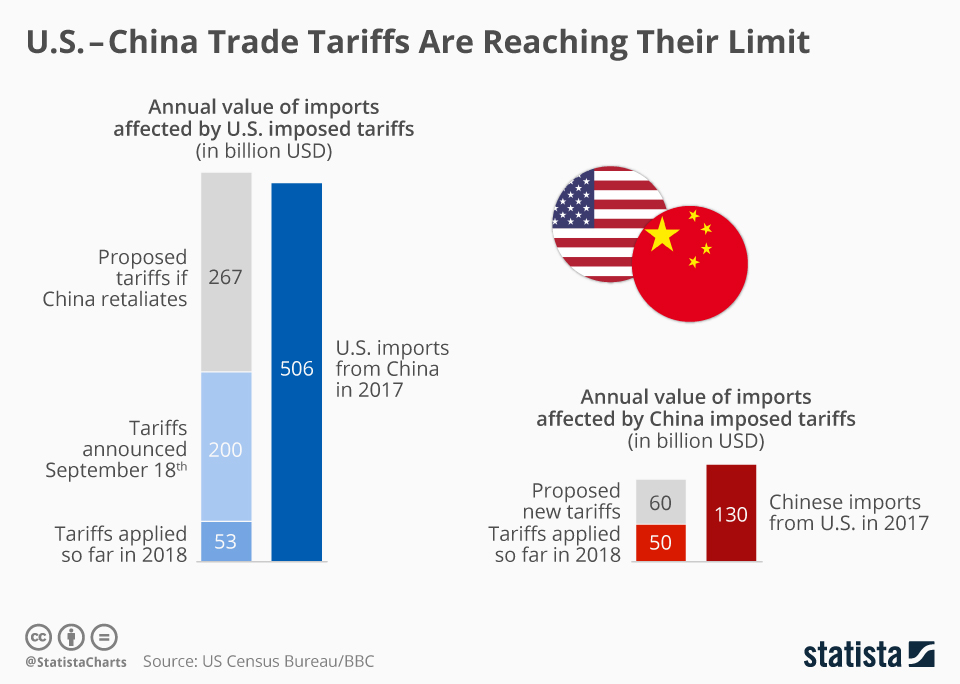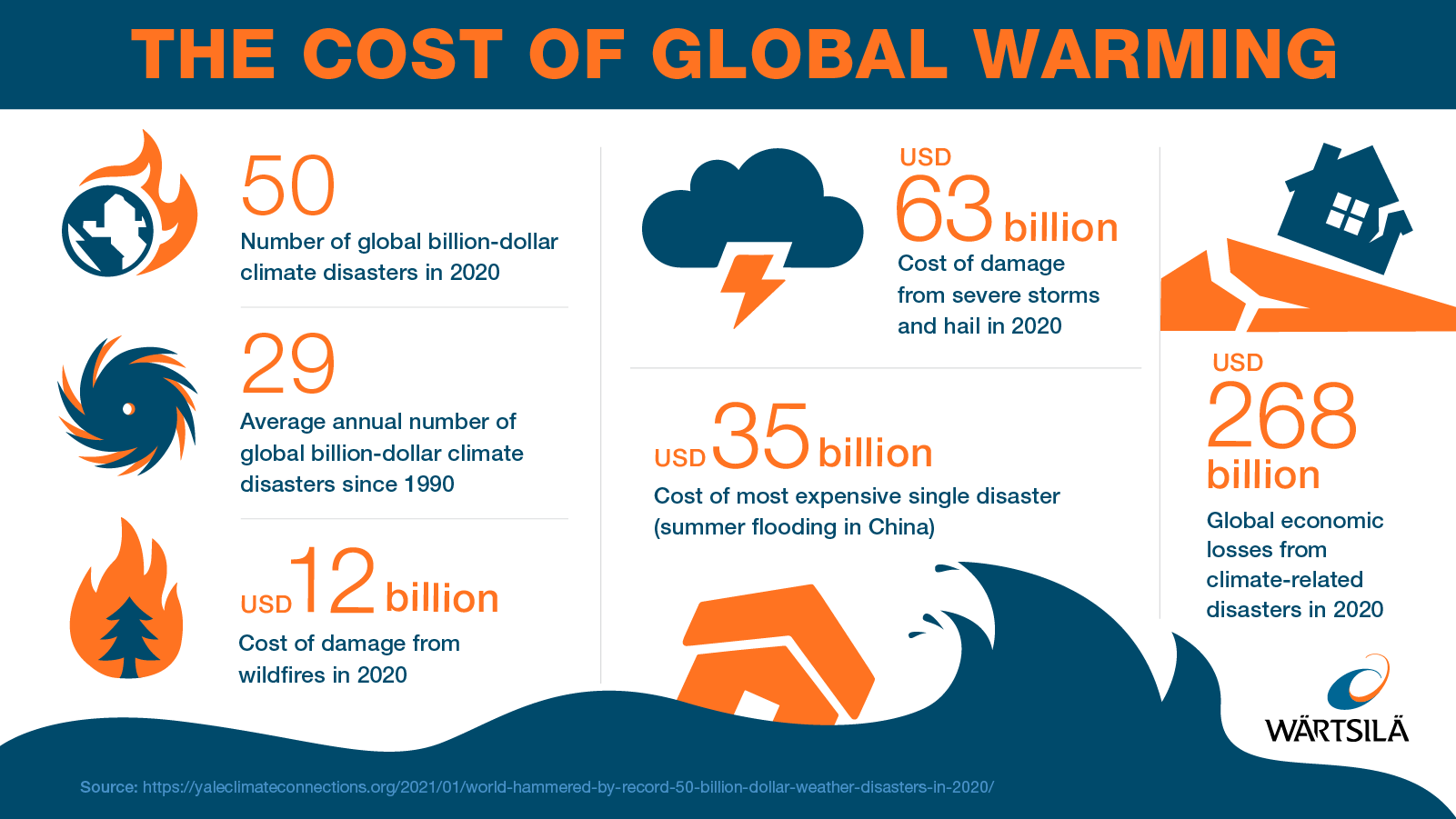The impact of China tariffs on the US economy is a hotly debated topic that could have far-reaching implications for both countries. As tensions escalate in the US-China trade relations, the proposed tariffs threaten to increase consumer prices significantly, creating economic consequences that many fear could lead to a downturn. Economists caution that these tariff implications extend beyond mere financial strain; they could also trigger disruptions in the global supply chain, affecting the availability of essential goods. Beijing’s trade policy is crafted to navigate and respond to such challenges, aiming to mitigate damage while possibly reinforcing ties with other nations. As the world watches closely, the overarching sentiment remains that a trade war might lead not just to immediate financial repercussions but to long-term shifts in international alliances.
The ramifications of imposing tariffs on Chinese goods are not only confined to trade dynamics but also reach into the very fabric of US economic stability. As policymakers deliberate on these protective measures, the discussions around import duties highlight the delicate balance of international commerce. It is critical to analyze how these tariffs could incite a ripple effect throughout global markets and create further complexities in supply chains. Additionally, the reaction from Beijing could reshape diplomatic ties, making it essential to scrutinize how China’s response may alter the landscape of global trade relations. The intricate interplay of protectionist policies and international partnerships will undoubtedly shape the future of trade between the US and China.
The Impact of China Tariffs on the US Economy
The potential introduction of high tariffs on Chinese goods poses significant risks to the US economy, leading many economists to express concern over its economic consequences. While the intention behind such tariffs might be to protect American manufacturers and jobs, the reality is that these measures could lead to increased prices for consumers and disruptions across the global supply chain. A chain reaction is likely, where higher costs for imported goods translate into elevated prices for everyday items, causing inflationary pressures that could erode consumer purchasing power.
Moreover, the imposition of tariffs could disrupt established trade relationships and supply chains. The intricacies of modern manufacturing mean that many products sold in the US depend on components sourced from China. A surge in tariff rates would create an urgent need for US companies to revamp sourcing strategies, potentially leading to delays and shortages. Over time, such disruptions could dismantle the competitive advantages that firms in the US have enjoyed due to China’s capacities in manufacturing and logistics.
Economic Consequences of a Renewed Trade War
A renewed trade war with China could trigger a myriad of economic consequences for the United States. As tariffs increase on essential goods such as electronics and machinery, American consumers are likely to face higher prices, making everyday purchases more burdensome. This scenario might lead to reduced consumer spending, which is critical for economic growth. Additionally, US businesses that rely on affordable imports may experience a surge in production costs, and many could find it necessary to pass these increases on to consumers.
Furthermore, the repercussions of a trade war could extend beyond mere price increases. Trade disruptions can lead to significant labor shortages and economic uncertainty. Companies may downsize their workforce or halt expansion plans, leading to a potential increase in unemployment. Such conditions could exacerbate socioeconomic disparities within the United States, creating a divide between sectors that benefit from tariff protections and those that suffer due to increased costs.
Beijing’s Trade Policy and US-China Relations
Beijing’s trade policy has long been centered around maintaining strong export relationships while opening new markets for growth. However, a shift towards protectionist measures from the US could necessitate a strategic recalibration on the part of China. In the face of potential tariffs, the Chinese government might double down on efforts to forge closer ties with other nations, particularly within the EU and Asia. This defensive strategy could help sustain China’s economic dominance while countering the ramifications of US tariffs.
At the same time, the perception of hostility from the US may prompt Beijing to engage in more aggressive economic diplomacy. China may seek to solidify alliances with countries that stand to gain from reduced US influence, thus shifting the landscape of global trade dynamics. A fragmented approach to trade could weaken international cooperation and allow China to position itself as a leading global trading partner, fostering deeper ties with nations historically aligned with the US.
Global Supply Chain Disruption and Its Ramifications
The global supply chain is delicately balanced, and alterations in trade policies can disrupt this equilibrium. Trade tariffs can create a ripple effect, forcing companies to reorganize their supply chains and seek alternative suppliers who can provide goods at competitive prices. However, transitioning to new suppliers or diversifying sources can be complicated and require substantial time and investment, particularly in sectors that rely on intricate manufacturing processes involving numerous components.
This disruption could lead to shortages and increased lead times for products, causing frustration among consumers and businesses alike. Furthermore, regions that have grown dependent on exporting to the US may struggle economically, which could lead to intensified global tensions. The ramifications of a failing supply chain extend beyond economics; they can lead to political instability, regional unrest, and a diminished capacity for countries to work collaboratively towards mutual goals.
Navigating Uncertainties in US-China Trade Relations
The landscape of US-China trade relations is fraught with uncertainty, and tariffs are just one aspect of this intricate relationship. America’s aggressive tariff strategies could open the door for China to reassess its trade agreements and adapt its export strategies, which may lead to unforeseen consequences for the US economy. Engaging with other nations that experience similar challenges from US tariffs, China could build strategic alliances that may counteract the pressures imposed by the US trade policy.
As US policymakers consider the implications of their trade decisions, they must also reflect on the potential responses from China. While tariffs are seen as a tool for economic leverage, they might also bolster China’s resolve to enhance its global trade presence. The outcome of this tit-for-tat could reshape US-China relations and project broader impacts on the geopolitical stage, affecting not only trade but also diplomatic relations.
Emerging Markets: Opportunities and Challenges
The potential reduction of Chinese imports to the US opens the door for emerging markets to step in and fulfill demand. Nations like Vietnam and India could become attractive alternatives for manufacturing as businesses seek to diversify their supply chains away from China. However, opportunities for these countries will depend on their ability to ramp up production capabilities and meet the standards required in the US market, which can be a time-intensive process.
While the shift could benefit emerging economies, significant challenges remain. The infrastructure necessary to support such rapid changes might not be in place, and the technical expertise required for advanced manufacturing processes can take years to develop. Nations looking to seize these opportunities must invest strategically in their production capacities to compete effectively with established players like China, while also ensuring that their economies can withstand the increase in demand without compromising quality or efficiency.
Long-term Implications of US Tariff Decisions
The long-term implications of broad tariff decisions can significantly alter the economic landscape not only in the US but also globally. Economically, companies that rely heavily on imports may find themselves facing sustained pressure, which could lead to a fundamental reevaluation of their operations. The risk is that if tariffs persist, companies might choose to relocate their operations to avoid punitive costs, contributing to a loss of domestic job opportunities.
Moreover, socially, the public response to inflated prices and job losses can lead to growing discontent among the American populace. This discontent might influence political decisions and further complicate trade negotiations. Thus, it becomes crucial for policymakers to consider the broader implications of their tariff strategies, seeking a balanced approach that secures national interests while maintaining productive international relations.
Potential Shifts in the Global Trade Landscape
As US tariffs redefine trade dynamics, we may witness a seismic shift in the global trade landscape. Countries previously overshadowed by China’s manufacturing might could seize the opportunity to emerge as new global suppliers, potentially changing the hierarchy of international trade. This situation calls for countries like India, Vietnam, and Mexico to strengthen their production infrastructure to meet the growing demands of the US market.
However, establishing a viable alternative supply chain will take time, and companies will need to navigate the complexities of transitioning to new manufacturing partners. This shift not only presents potential benefits for emerging markets but also risks creating new dependencies that could replicate the challenges currently faced with reliance on China. The ultimate challenge will be to strike a careful balance between diversifying suppliers and maintaining quality standards essential for sustained global trade.
Consumer Reactions to Tariff-induced Price Increases
As tariffs on Chinese goods lead to higher prices for American consumers, public reactions are likely to vary widely. Some consumers may begrudgingly accept increased prices for the sake of national economic security and support for American businesses. Others may respond with frustration, shifting their purchasing behavior to seek out alternative products or brands that offer better value, potentially hurting domestic companies that rely on imports.
Consumer awareness of where products come from and their associated costs will also likely increase. This shift in consumer behavior can encourage businesses to adapt their marketing strategies to appeal to a more price-sensitive and conscious demographic. Ultimately, businesses that can navigate these changes effectively while maintaining competitive pricing will likely be the ones that thrive in a post-tariff landscape.
Frequently Asked Questions
How do China tariffs impact the US economy?
China tariffs significantly affect the US economy by raising the prices of imported goods, which leads to higher costs for consumers. This inflationary pressure can decrease consumer spending power, impact GDP growth, and cause economic ripple effects across various sectors.
What are the economic consequences of increased China tariffs on American consumers?
Increased tariffs on China can lead to higher retail prices on everyday products, directly impacting American consumers. They may face increased costs for goods like electronics, clothing, and machinery, which can lead to reduced consumer spending and weaken economic growth.
What role do China tariffs play in US-China trade relations?
China tariffs are central to US-China trade relations, often leading to tensions and retaliatory measures. These tariffs are viewed as both a tool for negotiating better trade terms and a potential source of conflict, complicating diplomatic relations between the two countries.
How might China respond to US tariffs to mitigate economic disruption?
To counteract the impact of US tariffs, China might pursue strategies such as diversifying its export markets, enhancing trade relationships with other nations, and increasing domestic consumer spending to reduce reliance on the US market.
What impact do tariffs have on the global supply chain involving China?
Tariffs disrupt the global supply chain as they increase costs for manufacturers who rely on Chinese components. This leads to delays, higher prices for end products, and prompts companies to seek alternative suppliers, potentially destabilizing established supply networks.
How do tariff implications affect international economic alliances?
Tariff implications can lead to strengthened international alliances among countries affected by US tariffs. For example, nations may collaborate to form a united front against the tariffs, which can shift economic power dynamics and influence trade policies.
Could Beijing’s trade policy be altered due to tariffs imposed by the US?
Yes, Beijing may adjust its trade policy in response to US tariffs, possibly pursuing more aggressive domestic economic strategies or seeking closer ties with other trading partners to mitigate the impact of reduced exports to the US.
What alternatives exist for the US as it seeks to reduce dependence on Chinese imports?
The US may explore alternatives such as increasing imports from countries like India or Vietnam, enhancing domestic production, or investing in technology and workforce development to reduce reliance on Chinese goods.
What are the potential long-term effects of US tariffs on China’s economy?
Long-term US tariffs could hinder China’s economic growth, force structural adjustments in its economy, and push China to seek new markets. This could ultimately reshape global trade patterns and reduce China’s export-driven economic model.
How do tariff policies affect the relationship between the US and its allies?
Tariff policies can strain relationships between the US and its allies, as countries affected by US tariffs may seek to strengthen economic ties with China or other non-US markets, leading to geopolitical shifts and realignments in trade partnerships.
| Key Points | Impact on the U.S. Economy | Implications for China | |
|---|---|---|---|
| Potential price increases for U.S. consumers due to tariffs on Chinese goods. | China’s economic strategies could shift to strengthen ties with U.S. allies. | ||
| Supply chain disruptions may occur, impacting American industries reliant on Chinese imports. | China may pursue alternative markets and foreign investments to offset losses in the U.S. | ||
| Labor shortages could emerge in the U.S. due to increased tariffs diminishing interdependence on Chinese labor. | Uncertainty regarding trade negotiations could hinder China’s export ambitions, especially in the U.S. | ||
| The potential for a currency war with China could escalate if tariffs are enacted. | China might utilize the situation to solidify its relationships with other trading partners like the EU and Japan. | ||
Summary
The topic of China tariffs impact on the US economy reveals a complex landscape where tariffs imposed on Chinese goods could lead to significant economic repercussions for the United States. While the intention might be to protect American markets and interests, the unintended consequences may result in higher prices for consumers, supply chain disruptions, and strained international relations. Moreover, as China navigates its own economic challenges, it could seize the opportunity to strengthen ties with other global partners, potentially aligning against U.S. trade policy. This scenario highlights the intricate balance required in global trade and the importance of strategic diplomacy.



